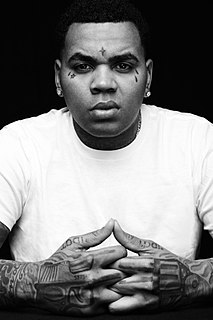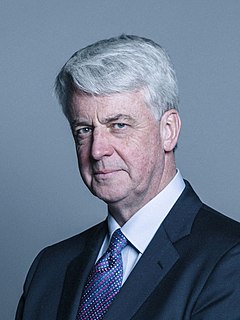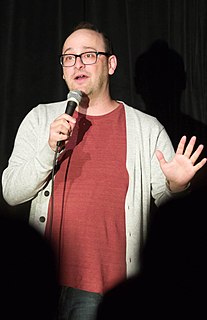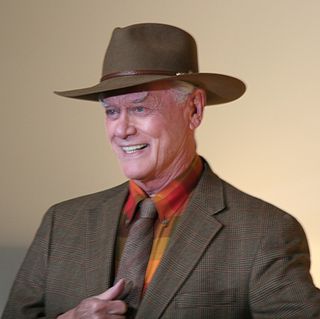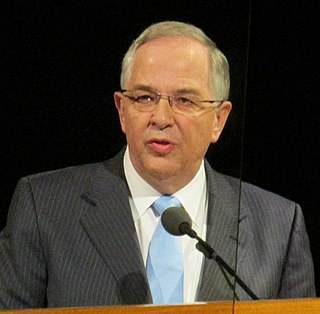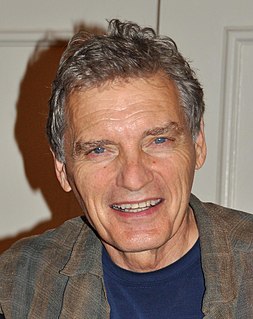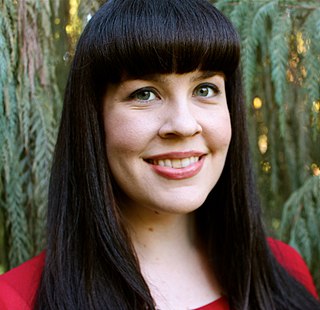A Quote by Ed Davey
The homeless often lose trust in people: in the hospital doctors, who had no choice but to discharge them back on to the streets, and in the family members from whom they have become estranged. Their past use of the NHS can make it difficult to patch together a full medical history.
Related Quotes
When you're confined to a hospital bed, there aren't many appointments you can make. You await visits from friends and family members. You enjoy the coconut ice cream they smuggle in. You tolerate the erratic and invasive visits of doctors and nurses, hoping that one of them will bring you closer to going home.
We are all in this together. With fellow ward members and missionaries, we plan and pray and help one another. Please keep the full-time missionaries in your thoughts and prayers. Trust them with your family and friends. The Lord trusts them and has called them to teach and bless those who seek Him.
Modern medicine is not scientific, it is full of prejudice, illogic and susceptible to advertising. Doctors are not taught to reason, they are programmed to believe in whatever their medical schools teach them and the leading doctors tell them. Over the past 20 years the drug companies, with their enormous wealth, have taken medicine over and now control its research, what is taught and the information released to the public.
A willingness to vocalize feelings. How important it is to be willing to voice one's thoughts and feelings. Yes, how important it is to be able to converse on the level of each family member. Too often we are inclined to let family members assume how we feel toward them. Often wrong conclusions are reached. Very often we could have performed better had we known how family members felt about us and what they expected.
In the past, [medicalization]has been portrayed as something that doctors inflict on a passive and un-suspecting world - an expansion of the Medical Empire. But in reality, it seems that these reductionist bio-medical stories can appeal to us all, because complex problems often have depressingly-complex causes, and the solutions can be taxing, and unsatisfactory.

